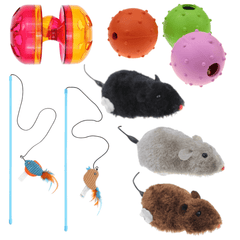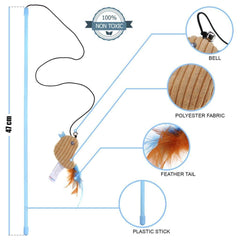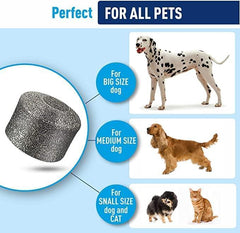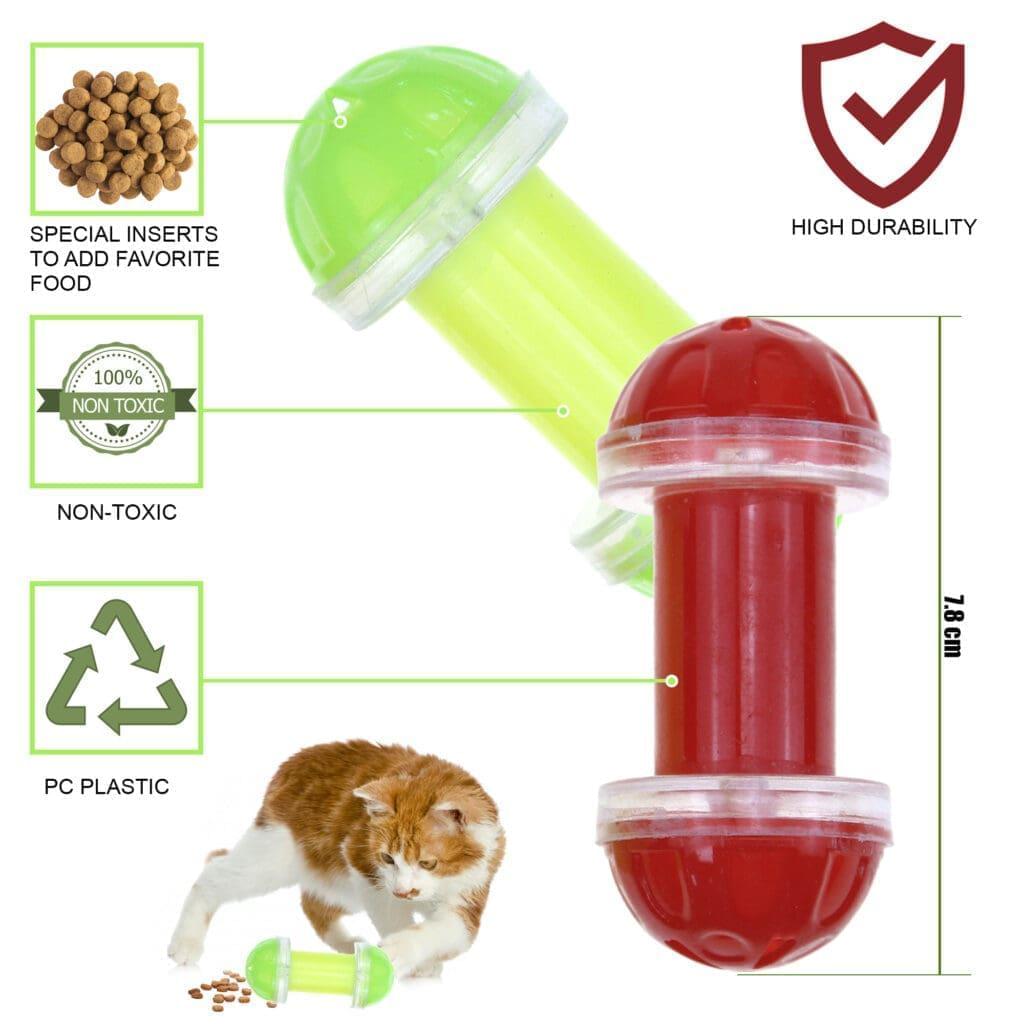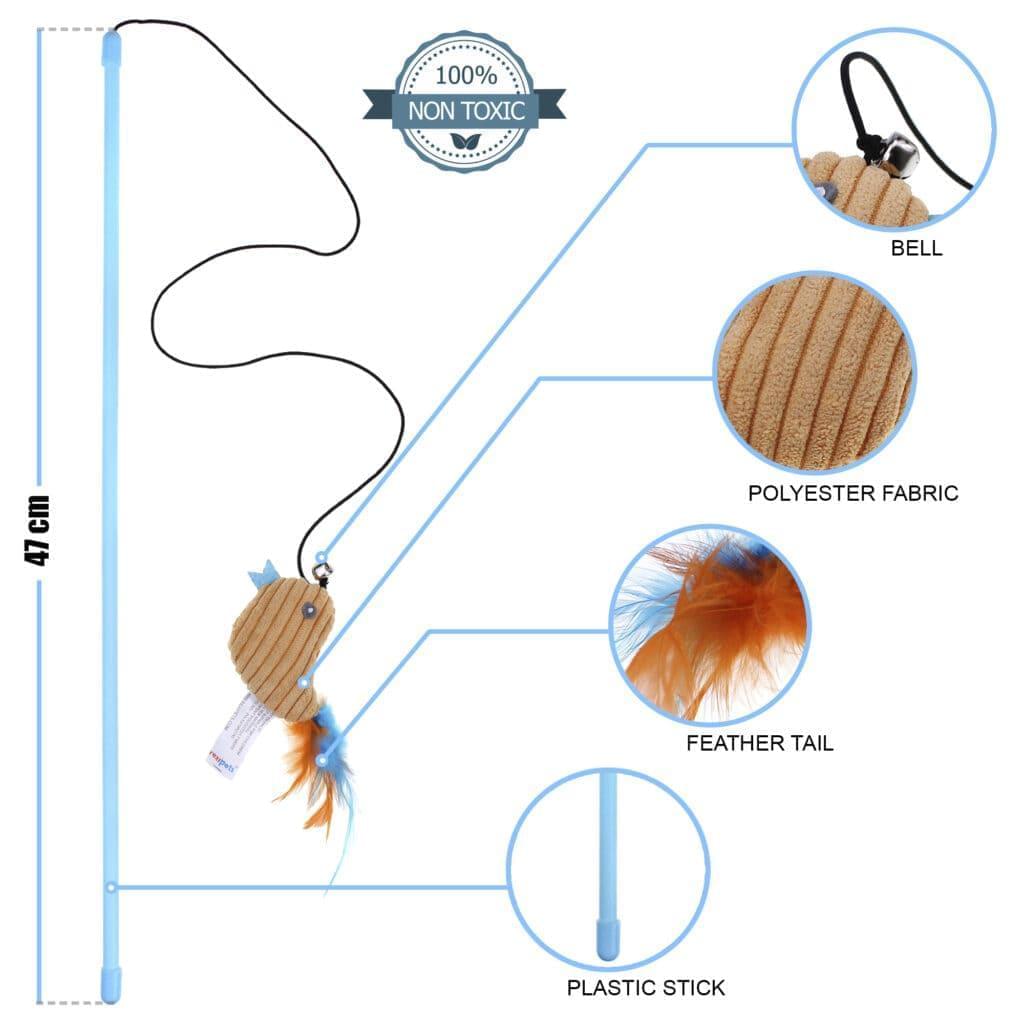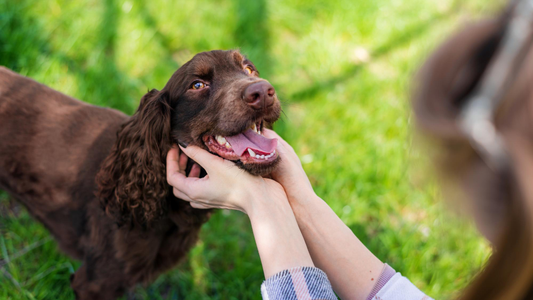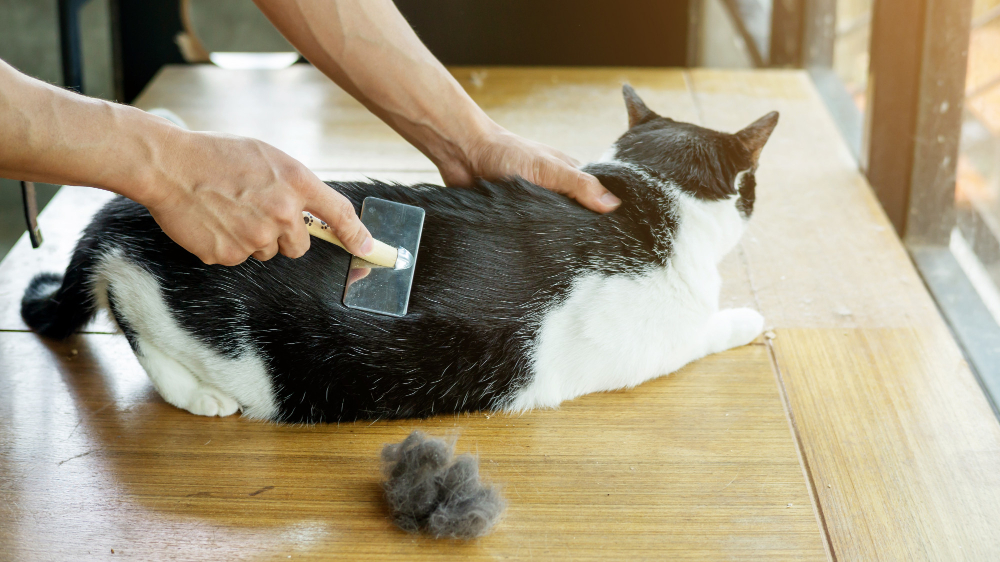
Are you currently covered in cat hair, looking like a furball, basically twinning with your feline friend? Do none of your black clothes actually look black, thanks to your cat losing hair?
Well, you are not alone; many cat owners go through this, and today, we'll uncover the reasons behind cat hair loss.
In this post, we'll talk about the several reasons why your cat is losing hair, along with things you can do to avoid hair loss in cats. We'll also examine different ways you can treat hair loss in cats.
So, hang in there. We're going to remove you from the hairy situation you are in.
8 Reasons Why Your Cat is Losing Hair
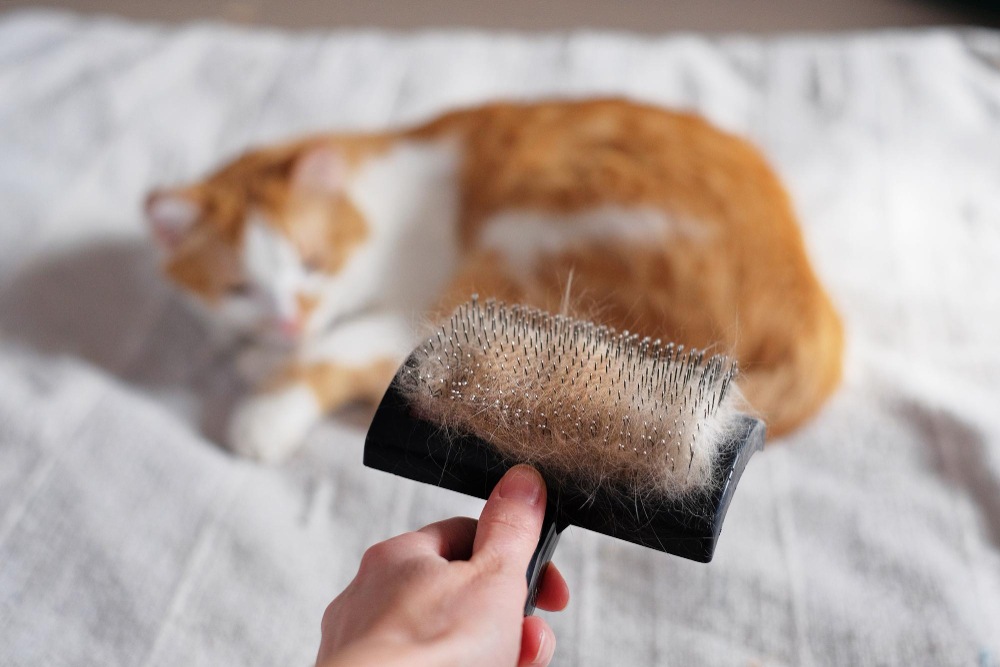
When a cat loses hair, also known as alopecia, it can be all over the body or just in certain spots. This can happen for different reasons, like:
-
Allergies
A significant cause of skin and fur problems in cats is allergies. Anything can trigger a reaction if your cat is allergic to it. The tricky part here is figuring out what they're allergic to. There needs to be a perfect test. It can be food allergies or skin allergies.
Ask yourself - what can I give my cat for allergies? You can also go to your vet to list possibilities and eliminate them one by one.
However, once your cat stays away from the stuff they are allergic to, the hair will grow back, so there is no permanent damage. Usually, you'll also see hives, red marks, and wounds from all the scratching and biting in the case of skin allergies and hair loss.
-
Fleas and mites
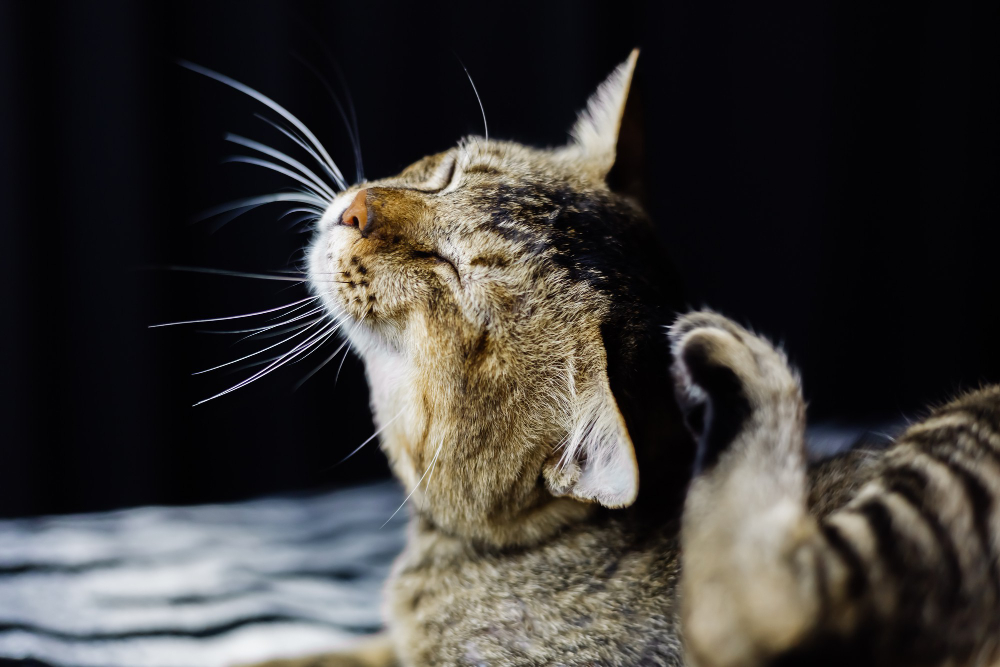
Having fleas on your cat is no fun at all! It's not a problem that is limited to outdoor cats. Even indoor cats can get fleas.
Fleas are tiny bugs that bite your cat and hang on, sucking their blood and sometimes bringing along diseases. While it's rare for your cat to get a condition from fleas or ticks, they can have nasty rashes that lead to hair loss.
Rashes lead to hair loss, a lot of hair loss, which is a result of fleas. This is caused by your cat grooming themselves due to the irritation caused by the fleas.
Getting rid of fleas is tough, but you can do a few things to help. Check your cat's skin every day, especially if they go outside. If you spot tiny bites from fleas or ticks, get them on a flea treatment ASAP!
-
Pain
Sometimes, a cat might lick a part of its body a lot, not because it's itchy, but because of pain due to an underlying disease if a cat has sore joints, like in the unfortunate case of arthritis.
It might constantly lick the achy joint because it hurts, and licking makes it feel better. The issue is that when the cat licks for comfort, it licks away its hair, causing hair loss and bald patches.
-
Infections
While it's not as common as allergies, there are cases where cats lose hair due to infections. If your cat has a condition like staph infection or fungal infections such as ringworm, the affected areas of your body may experience hair loss. These infections can damage your cat's coat, causing significant hair loss. To diagnose this, your vet might do a skin biopsy.
-
Stress
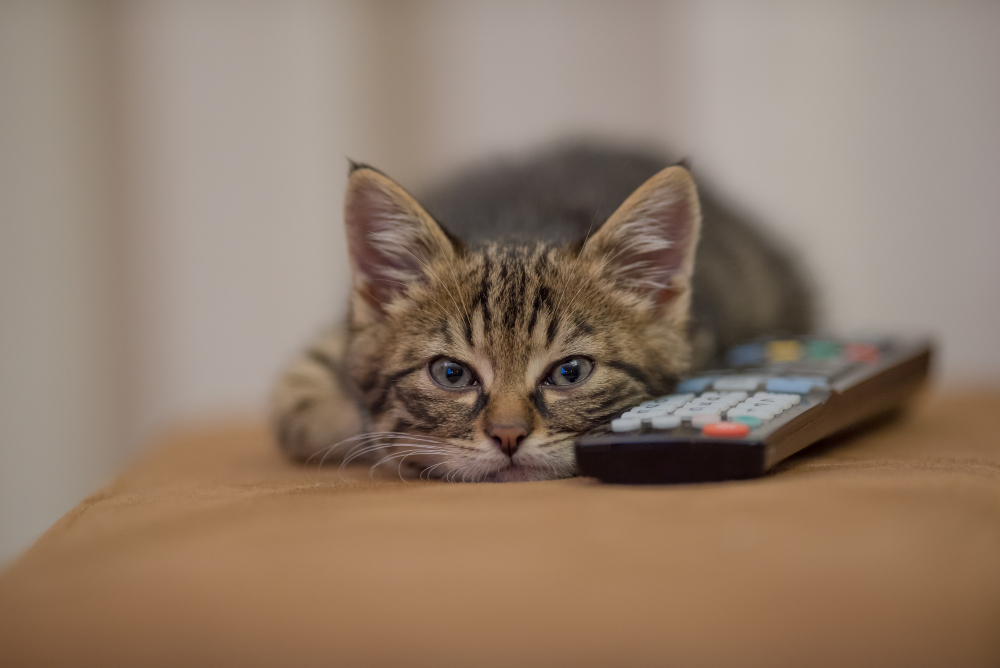
It might sound surprising, but when cats are super stressed, it can make them lose hair. If your cat has been through something traumatic or feels anxious, they might start scratching themselves.
While some scratching is okay, if the stressed cat keeps going, they can end up with open wounds and scratches on their skin.
-
Endocrine disorders
If a cat is losing hair, it could be because of hyperthyroidism. Except for the thyroid, if a cat has a hormonal imbalance, it can make their hair follicles die, causing hair loss.
A metabolic disorder called Cushing's disease, which produces too much cortisol, could be a reason for hair loss in other cats.
-
Medication side effect
A medication called transdermal prednisone can make cats lose hair, but the good news is that if you stop this medication, the hair loss will stop too.
-
Cancer
Usually, hair loss in cats isn't due to cancer; it is an extremely rare scenario. But sometimes, abnormal growths caused by uncontrolled cell division, also known as neoplasia, can make a cat lose hair.
How to Prevent Cat Losing Hair?
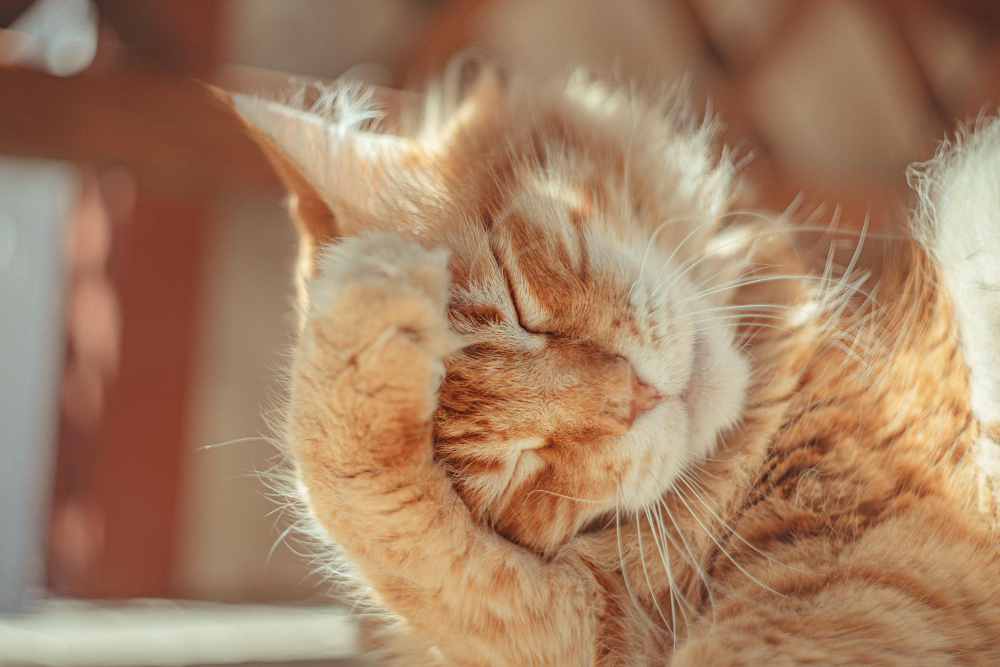
To help stop your cat from losing hair, there are a few things you can do. First, make sure to brush your cat regularly. It helps get rid of loose hair and keeps their fur in good shape. Next, give your cat good food with all the proper nutrients by giving them a balanced diet. Ask your vet for advice on the best cat food.
Moreover, keep an eye out for fleas and use things like special collars to protect your cat. If your cat has allergies, work with your vet to determine what's causing the problem and make changes to steer clear of those allergens.
Make your cat's living space comfy and calm to reduce stress. Also, take your cat to the vet for regular check-ups to catch any issues early. Make sure you are protecting your cat from other pests like fleas and mites. Doing these things can keep your cat's hair healthy and even prevent hair loss.
Treatment of Hair Loss in Cats
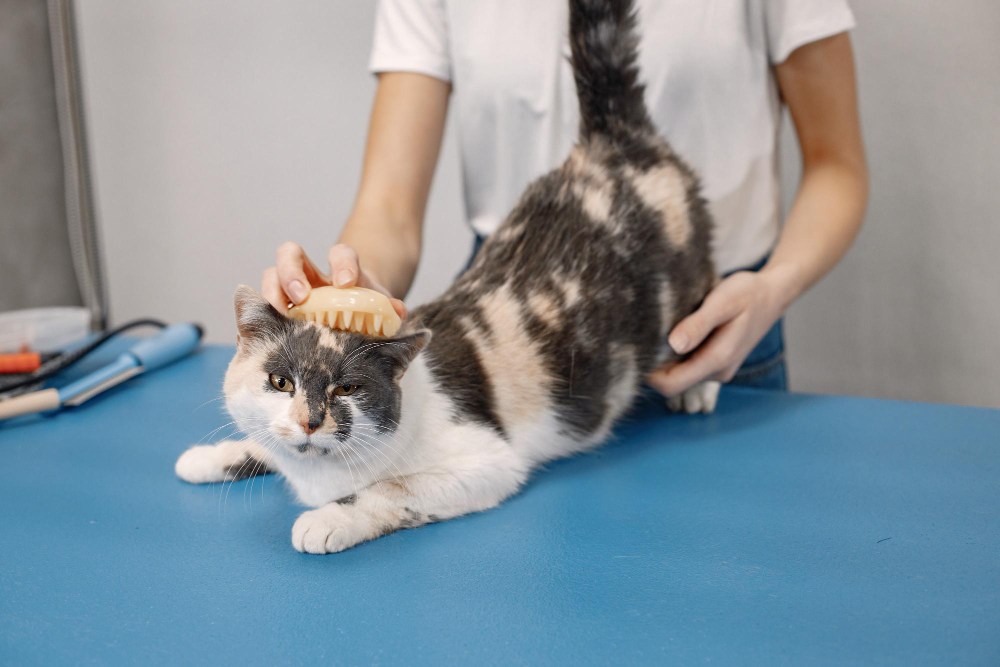
The treatment for your cat's hair loss depends on figuring out why it's happening. You'll know what treatment is best after your vet does some diagnostic tests.
Some of the hair loss treatment options include:
-
Anti-fungal treatment
If your vet finds out that bugs or ringworm are causing your cat's hair loss, they will suggest using something to control fleas or a special treatment for the fungal infection. This anti-fungal treatment will fix the issue and help your cat's fur grow back.
-
Altered diet plan to avoid allergens
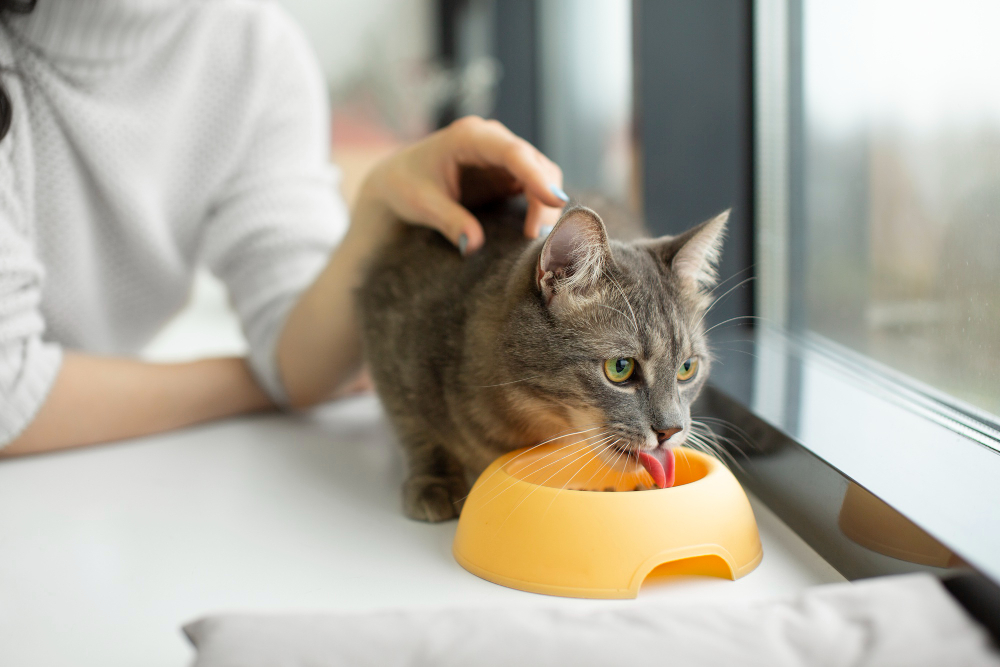
Avoiding stuff that causes allergies can be part of a plan to treat cat skin problems. It might take some time, but once you figure out what's causing the trouble, with help from a pet skin expert, you can make a diet plan that steers clear of that particular ingredient.
-
Stress management
If your vet thinks your cat is over-grooming due to stress, they might suggest talking to a pet behavior expert. This person can figure out what's stressing your cat and advise you on how to improve it, reducing hair loss.
In some cases, they might even prescribe anti-anxiety supplements to help with your cat's condition.
Final Words!
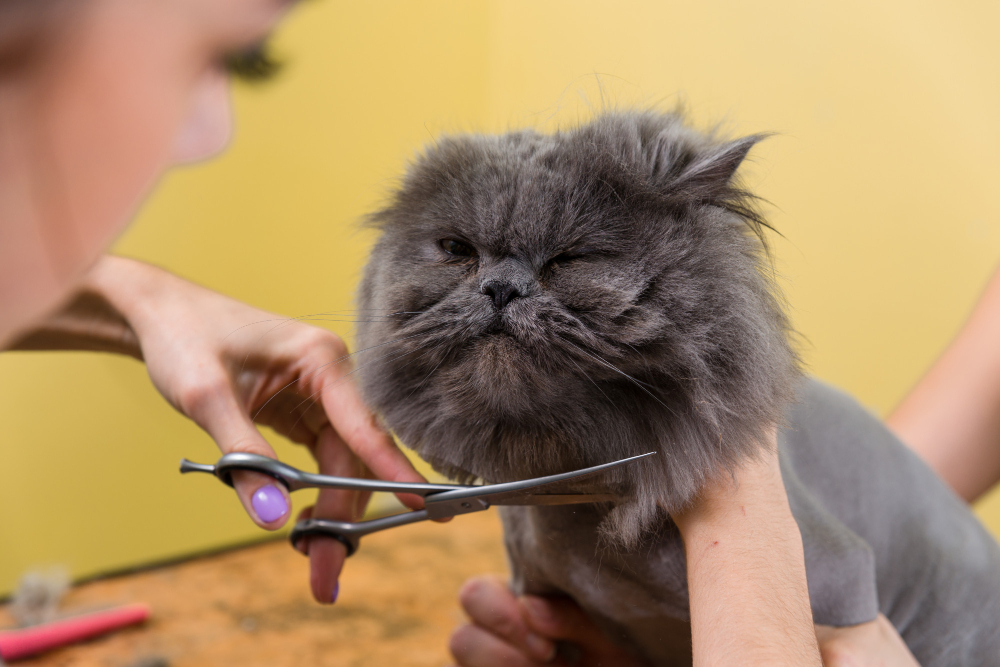
To sum up, figuring out the cause of your pet's hair loss is vital for keeping them healthy. Things like allergies, infections, and stress can be the underlying cause for hair loss.
However, regular grooming, good food, and preventing fleas are key to maintaining your cat's fur. By knowing the causes and taking preventive measures, you can end the hair loss, ensuring your cat stays happy and healthy.
FAQs
Do cat bald spots grow back?
Yes, cat bald spots on hair coat can grow back with care. Treating the cause, like allergies or infections, promotes hair growth in those bald spots.
How do I know if my cat has alopecia?
If you're experiencing cat alopecia, you may observe patchy hair loss. Check for bald spots, redness, or signs of excessive grooming. However, it is essential to consult a vet for a proper diagnosis.



